An ERP system must grow with your organization. Your business is constantly evolving, technological developments follow each other faster and faster, customer expectations change, laws and regulations change. In short, your requirements and wishes regarding the ERP system change over time. The ERP consultant or business consultant can guide you through this. This does not mean blindly developing what you ask for. With every change proposal, there is one important question that must be asked:
"What is the Return on Investment?"
Whether it is a change in software, a process change, the commissioning of additional solutions and modules or upgrading to a new version of the system: A well-founded calculation of the expected Return on Investment is decisive.
Changes in software
When you want to make a change in software functionality, a good ERP consultant will not simply agree to it. What is the reason you want to make the change? Because the previous system worked the same way? Because you'll have to do one less mouse click? Because that one exceptional process can then be a minute faster? Those are not legitimate reasons. A good ERP consultant keeps asking until he or she knows what benefit the change will bring and to what extent it outweighs the cost. In the case of a customer-specific custom modification, it is prudent extra good thinking about the implications before it is implemented.
Changes in business processes
Your ERP consultant is first and foremost a business consultant. He or she knows the challenges in your industry and what the best practices are. That best practice is facilitated by the ERP system. So if you want to propose a change in the business processes, you will have to come up with a good justification before the ERP consultant agrees. Why do you deviate from best practices? Possibly your situation is unique and a process change is justified, but again, the truth lies in ROI.
Deployment of additional solutions or modules
When you want to expand the functionalities of your system or commission additional systems/solutions, again the question arises: what is the Return on Investment? A bad ERP consultant will try to sell you as many modules and solutions as possible and charge you for as many hours as possible. A good ERP consultant looks critically at the cost of an investment and the expected return; in other words, what is best for your organization.
Upgrading to a new version
Moving to a new version of an ERP system is often a big step. And unfortunately, in many cases, companies' motivations for arriving at this decision are dubious. 'New is better', 'We still have budget', 'The competitor also upgraded'. Just some of the wrong motivations for an upgrade. However difficult it may be; even with this decision you will have to weigh the expected costs against the expected revenues. Certainly those expected returns are often difficult to estimate. The benefits may include e.g. time savings, additional features, better customer service or better information that will help you make better decisions. Try to quantify the costs and benefits anyway and then judge whether you are really going to make the right decision. Your ERP consultant can help you with this.
Luuk Busschers is a Consultant at Dysel and helps customers achieve their goals by deploying industry-specific ERP software.
